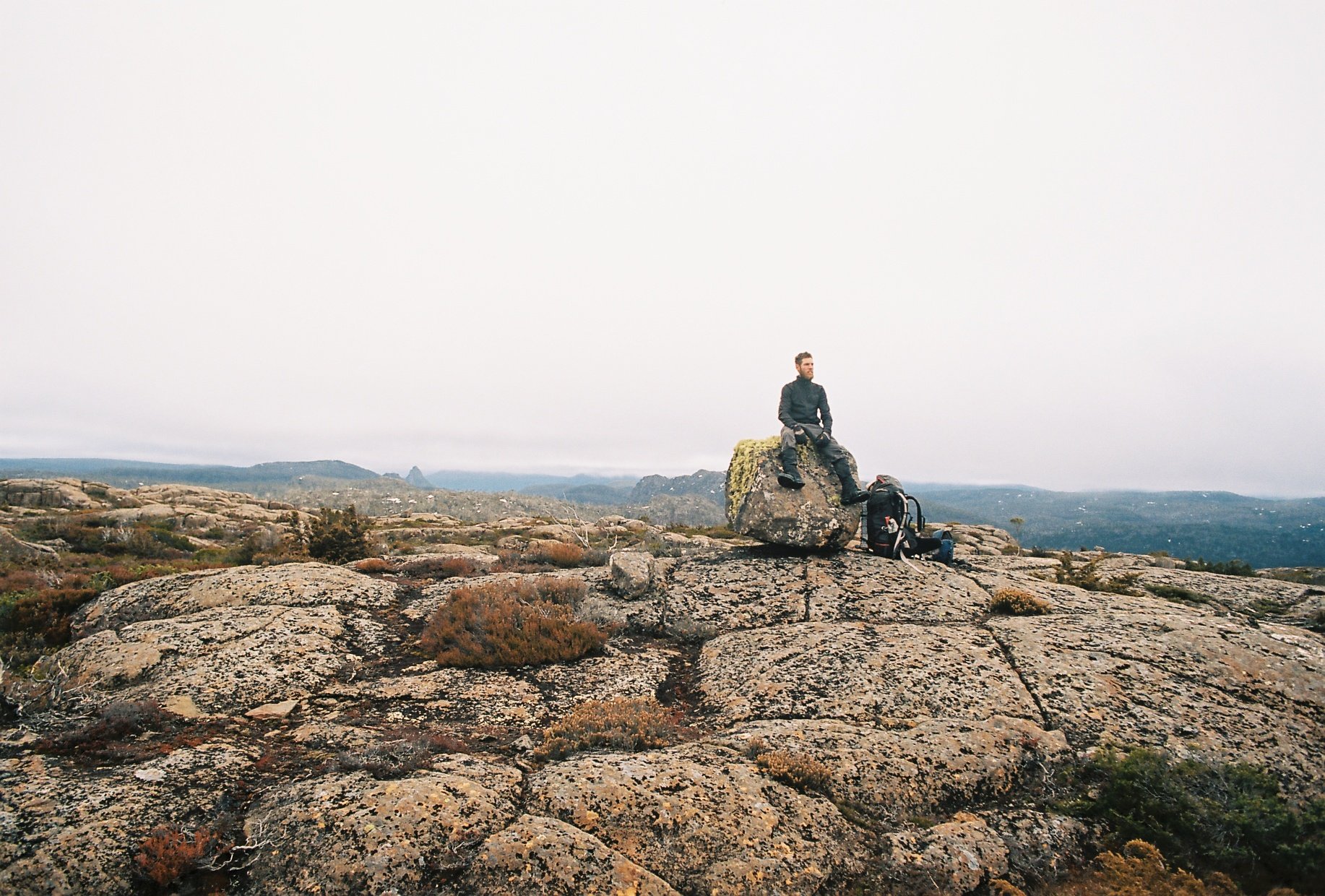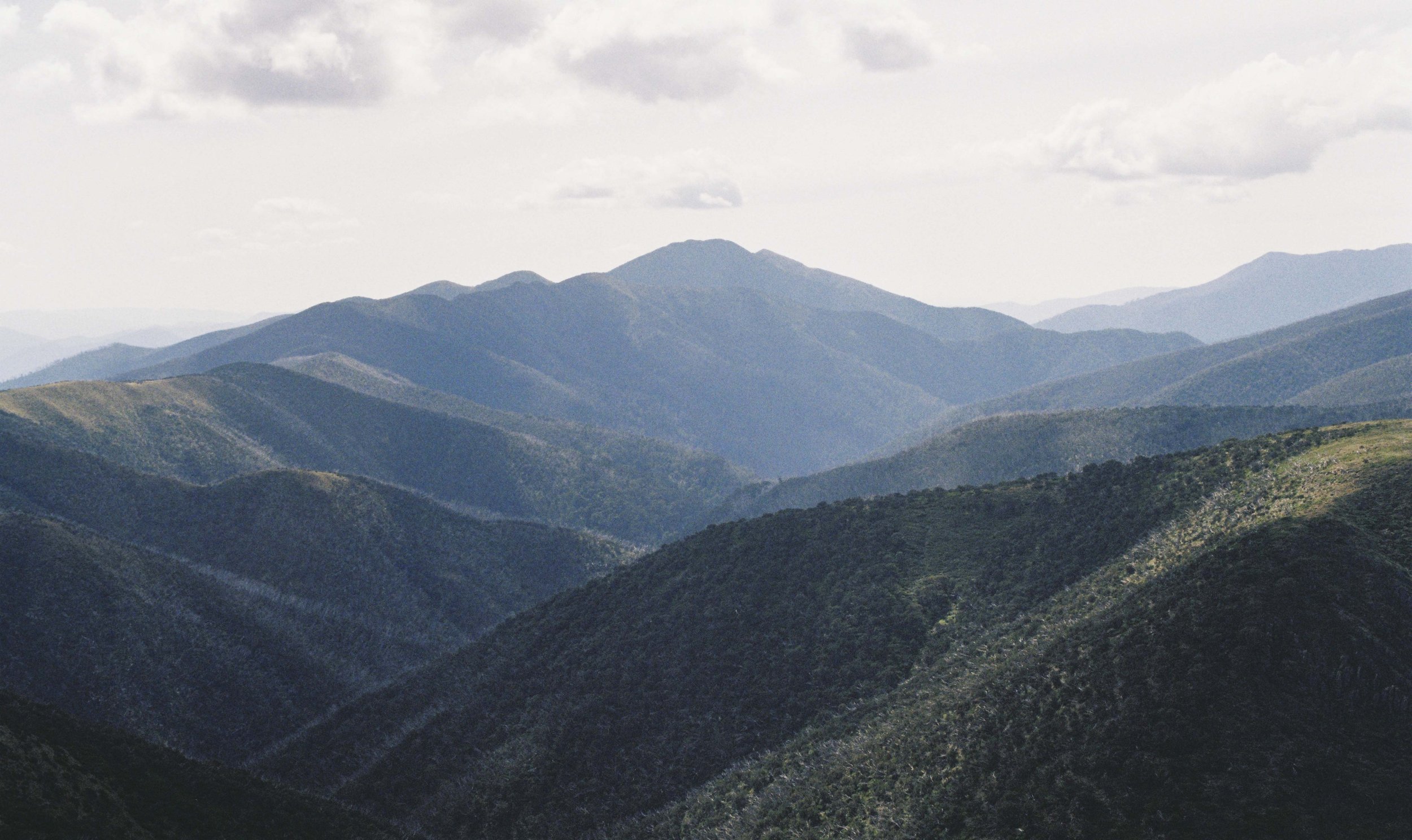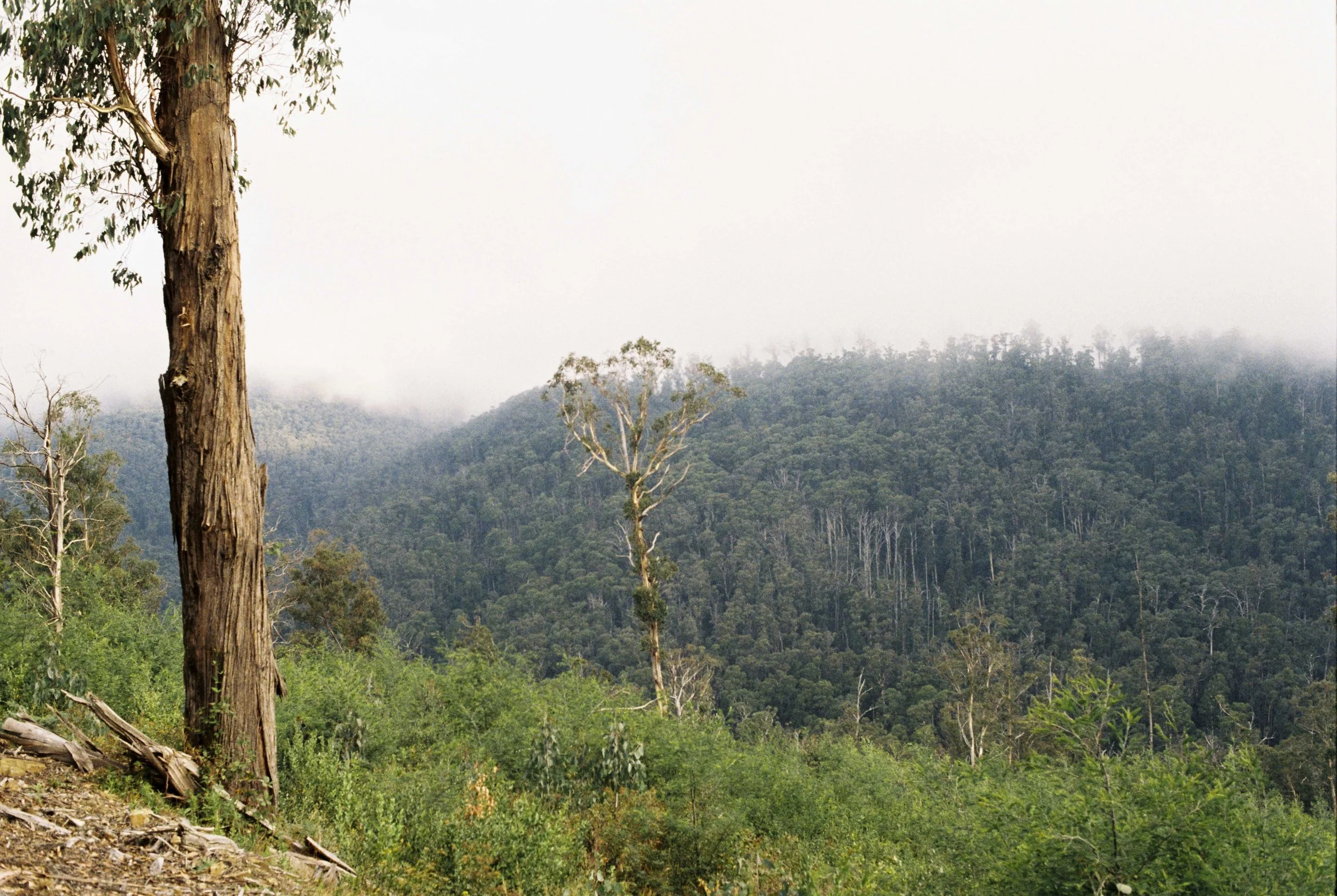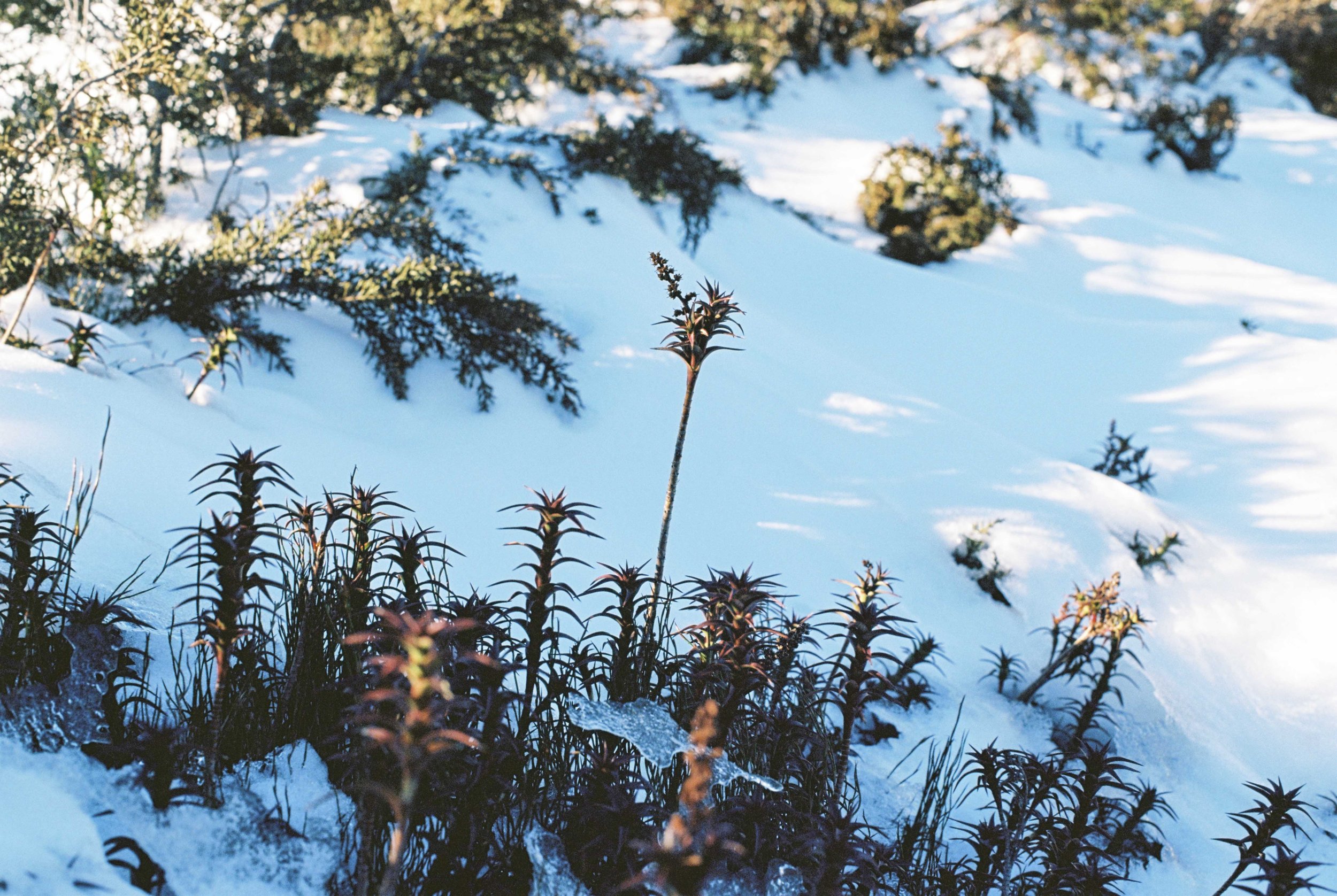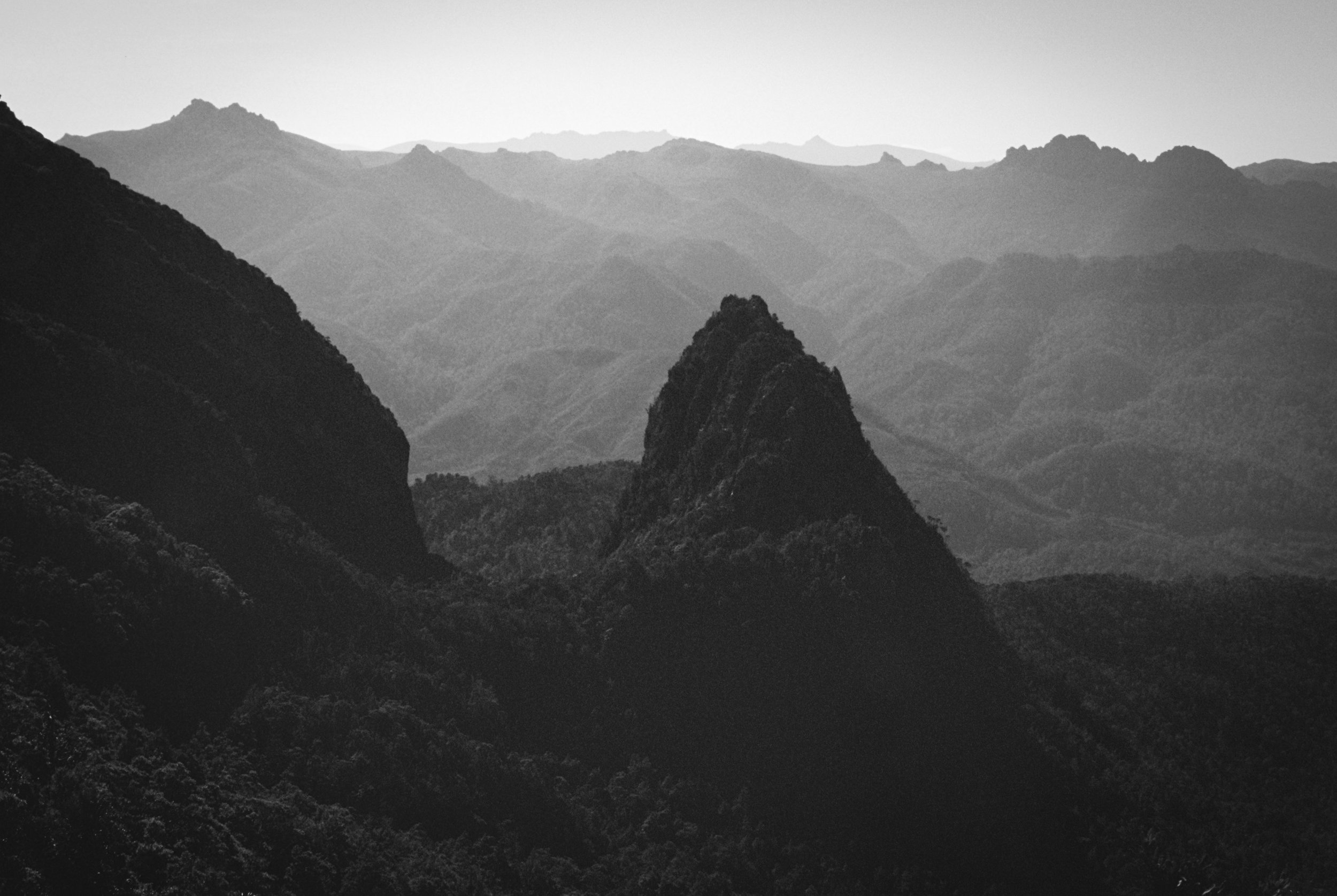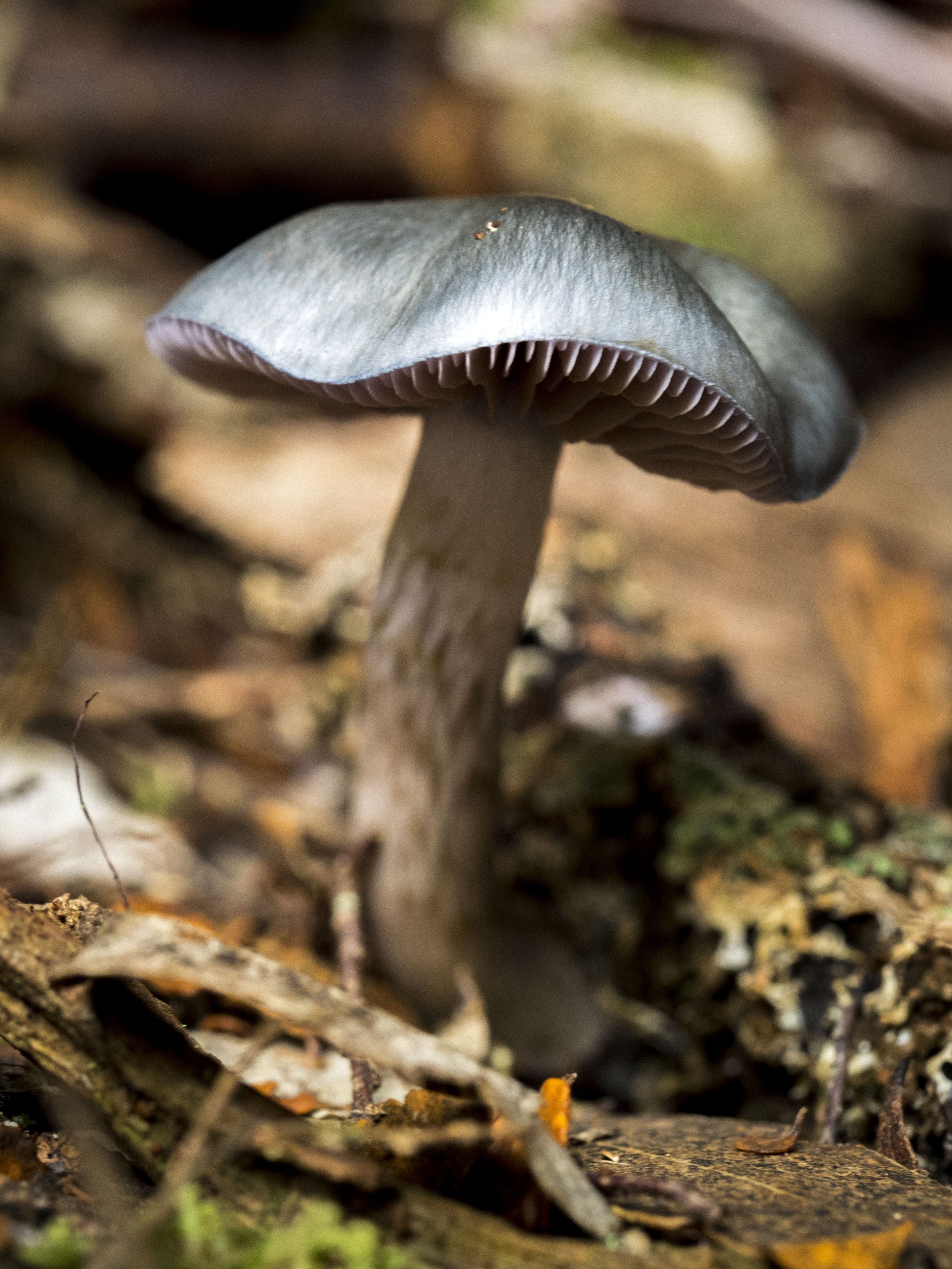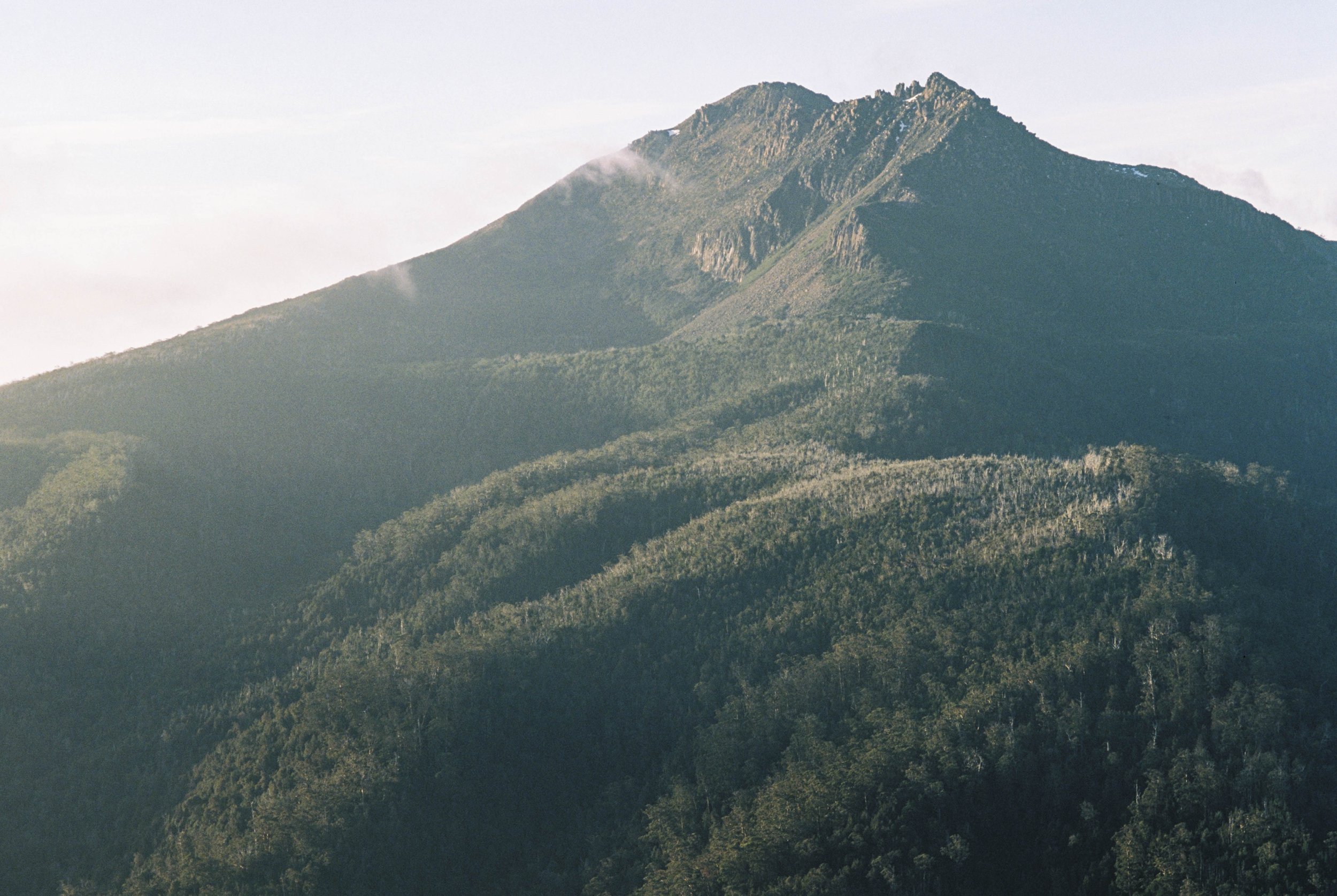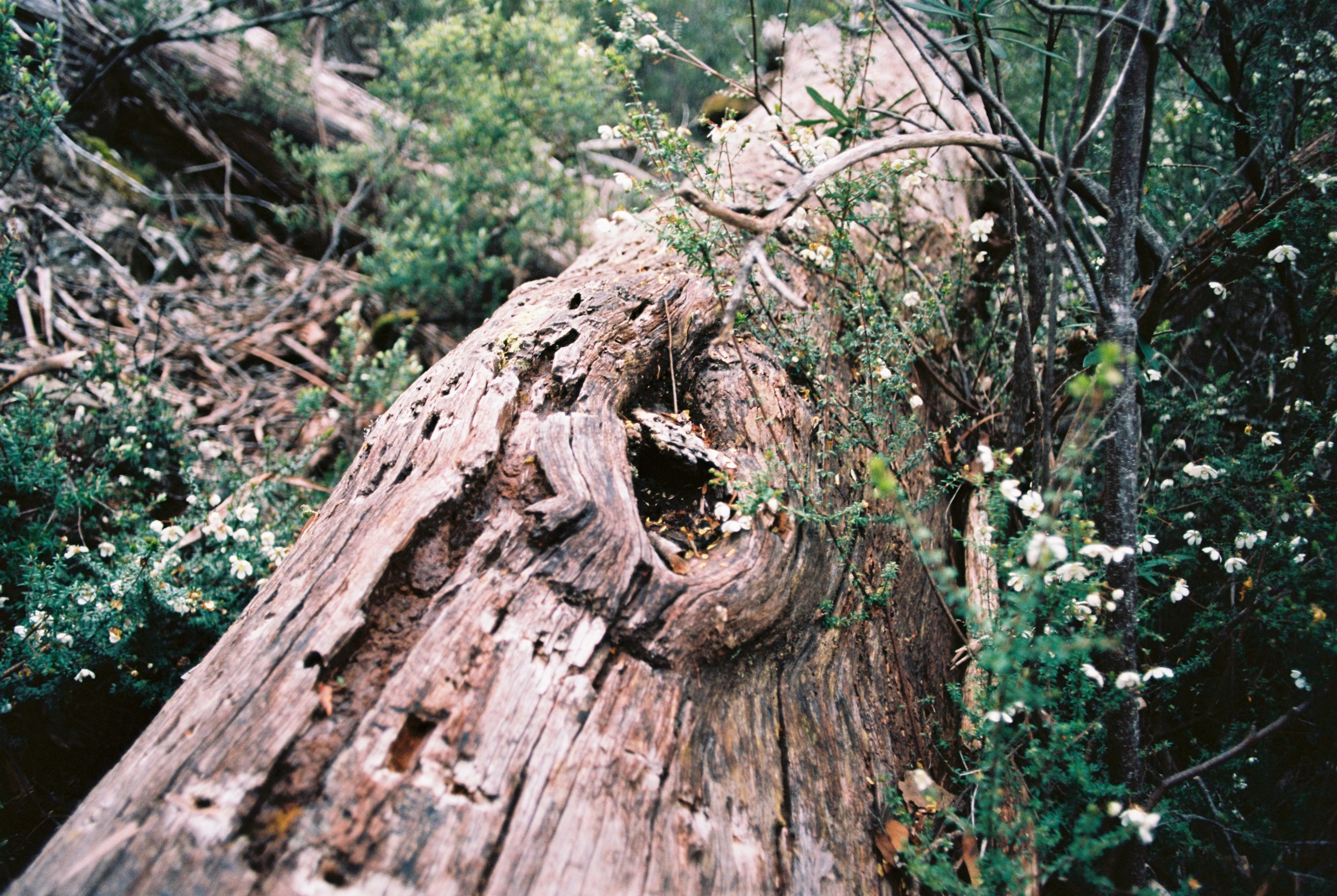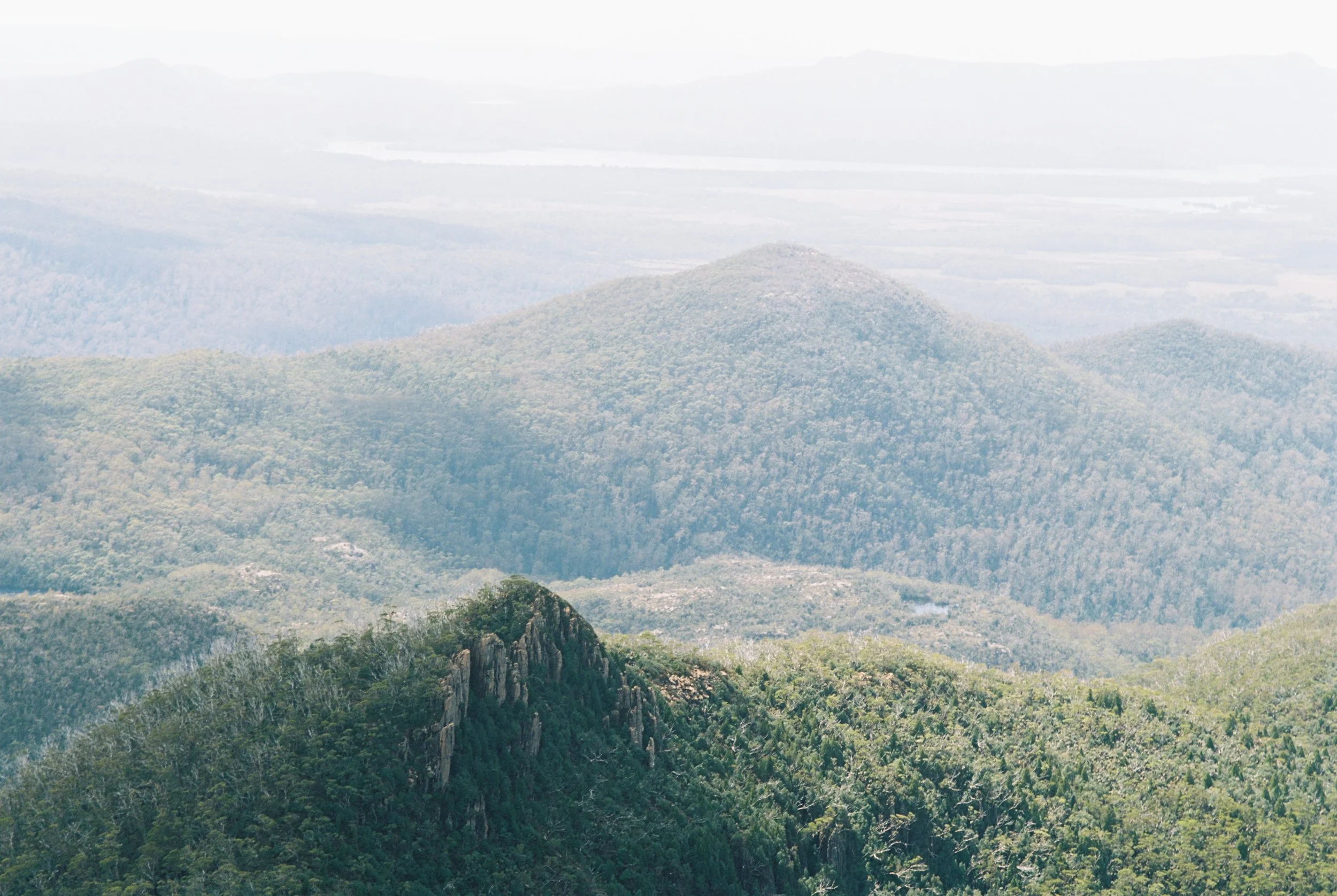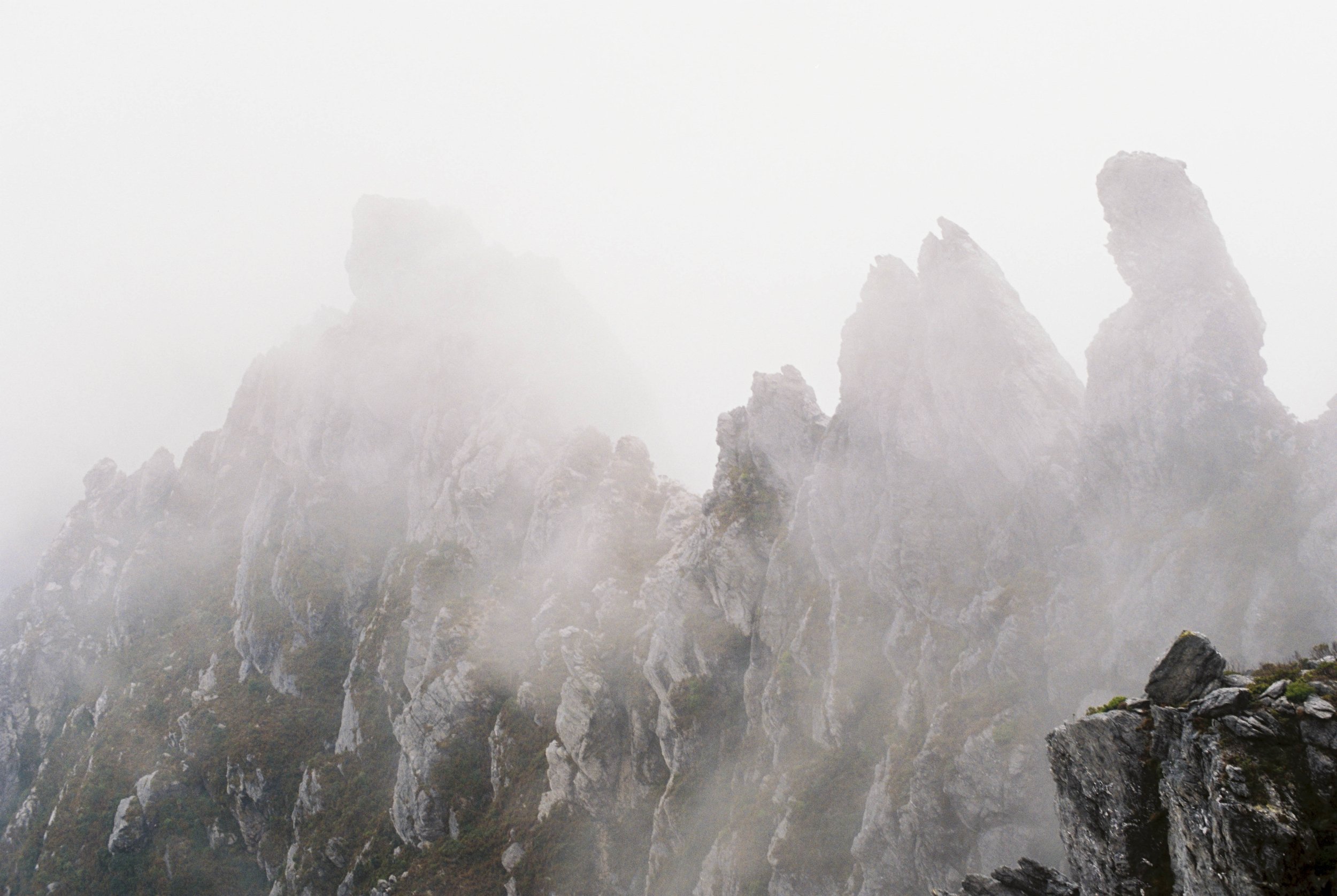A rolling stone gathers no moss. But if a stone is rolling, it has gathered momentum.
It is hard to go through life without a process of accumulating possessions, habits, knowledge, experience, among other things. Some people accumulate wealth, some accumulate junk in their backyard, some people accumulate cars, others bikes. Some people accumulate friends, others enemies. Some people accumulate healthy habits, others destructive habits. Regardless of what it is, we all accumulate.
We gather the things and habits that we want to have in our lives and discard the things and habits we do not wish to have. This slow process, although taken in little steps and gradually over time, has a lot to say about who we are and what we have become.
Our actions result in an accumulation of momentum that carries us forward. The gymnast will be flexible, strong and agile, as a result of their training. The musician will notice when someone is singing out of tune. The accountant will know when the numbers don’t add up. The mother knows when her baby is hungry. As our experience accumulates, it shapes our character and comes to define how we respond to certain situations.
The nature of accumulation is that it occurs in incremental steps that are barely noticeable. Cancer, the chronic disease of our age does not grow overnight. It’s a response that develops in our bodies after a trigger has been consistently present for a long time. Or take one of the great addictions of this ‘Great Southern Land’: alcoholism. It’s not going to destroy our liver if we get on it every now and then. But if we drink a considerable amount of alcohol every day, we are working our liver a bit harder than it needs to, every day. And with time, this may take its toll.
We are not immune to our habits. It’s easy to think that our daily actions have minimal effect in our overall trajectory. But this belief ignores the concept of accumulation. Lots of little steps lead to big steps.
The idea is easy enough to understand, but can prove difficult to take into consideration day to day, because the consequences of our habits are not immediately obvious. This is why accumulation is the invisible governor of our lives.
-A.S. 9/8/22, Lenah Valley
